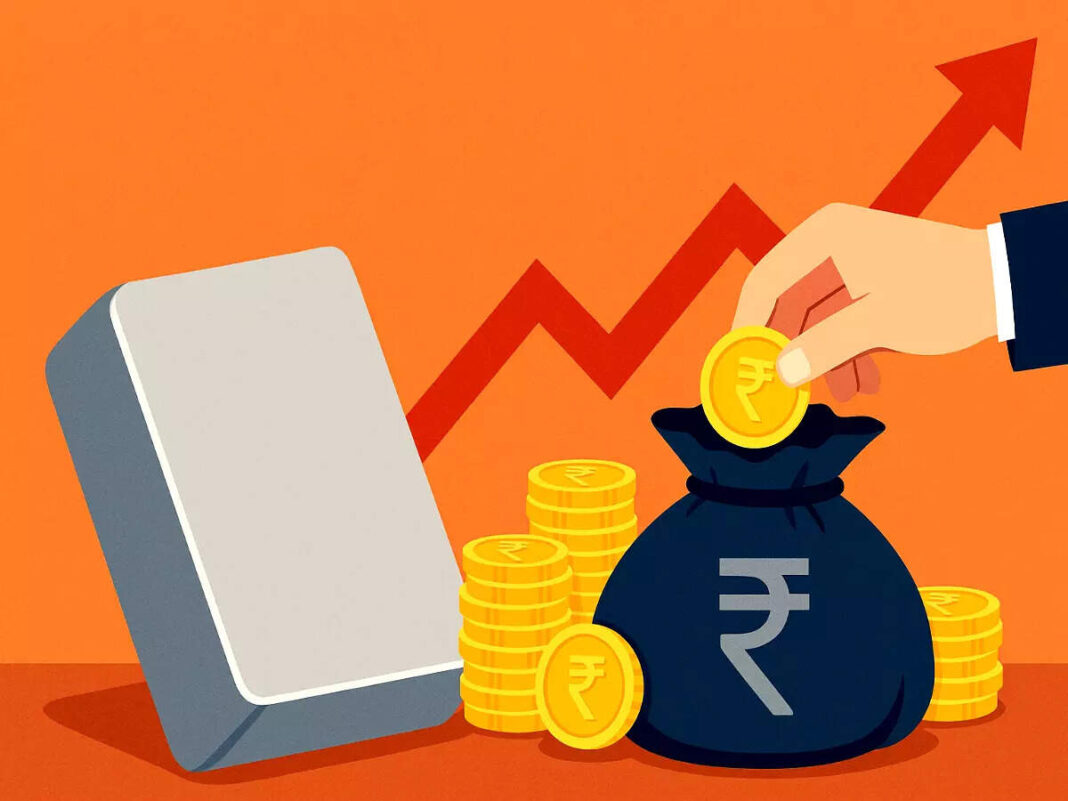Market Pulse
In an era increasingly defined by technological convergence, the fusion of Artificial Intelligence (AI) and blockchain technology stands poised to unlock unprecedented potential within the crypto landscape. While leading blockchains like Solana have demonstrated remarkable advancements in scalability, the emergence of projects like Ozak AI signals a new frontier where intelligent systems are not just observers, but active architects of decentralized evolution. This powerful synergy promises to address long-standing challenges and redefine the trajectory of crypto growth, paving the way for more efficient, autonomous, and user-centric digital ecosystems.
The Dawn of Intelligent Blockchain Evolution
The concept of “intelligent blockchain” transcends simple integration, aiming for a symbiotic relationship where AI enhances blockchain’s core functions and blockchain provides secure, transparent infrastructure for AI applications. Ozak AI, in particular, is positioning itself at the forefront of this movement, envisioning a future where AI-driven insights and automation optimize network performance, smart contract execution, and decentralized application (dApp) development. This goes beyond mere data analysis, proposing active, adaptive intelligence embedded within the very fabric of decentralized networks.
- Enhanced Network Efficiency: AI can predict network congestion, optimize routing, and manage resource allocation more effectively than static algorithms.
- Smarter Smart Contracts: AI could enable contracts to adapt to real-world conditions, execute more complex logic, and even self-correct minor errors.
- Automated Security Protocols: Machine learning models can detect anomalous behavior and potential threats in real-time, bolstering the security posture of decentralized systems.
- Personalized User Experiences: AI can tailor dApp interfaces and functionalities to individual user preferences and behaviors, improving adoption.
Solana’s Scalability Meets AI Innovation
Solana has garnered significant attention for its high-throughput and low-latency architecture, making it a prime candidate for hosting complex, data-intensive applications. Its ability to process thousands of transactions per second (TPS) provides a robust foundation upon which AI-driven functionalities can thrive without encountering bottlenecks. Ozak AI’s potential integration with such high-performance blockchains could unlock new levels of efficiency and innovation, leveraging Solana’s speed to process vast amounts of data for AI models and to execute AI-derived decisions quickly and reliably on-chain.
This synergy is crucial because while Solana offers the raw processing power, AI offers the intelligence to utilize that power optimally. Imagine AI agents managing liquidity pools, optimizing yield strategies, or even deploying and upgrading smart contracts autonomously, all facilitated by Solana’s underlying infrastructure. Such advancements could make decentralized finance (DeFi) and other Web3 applications significantly more sophisticated and responsive.
Redefining Crypto Growth and Adoption
The integration of AI with blockchain is not merely an academic exercise; it carries profound implications for the overall growth and mainstream adoption of cryptocurrency and Web3 technologies. By making decentralized systems more intuitive, efficient, and robust, AI can lower the barrier to entry for new users and businesses. Complex processes that currently require deep technical understanding could be automated and streamlined, enabling a broader demographic to engage with the digital economy.
Furthermore, AI can facilitate the creation of truly intelligent decentralized autonomous organizations (DAOs), where decision-making processes are augmented by data-driven insights, leading to more effective governance and resource allocation. This could also spawn entirely new categories of dApps, from AI-powered content generation platforms to self-optimizing supply chains, pushing the boundaries of what’s possible in the digital realm.
Challenges and the Road Ahead
While the prospects are exciting, integrating AI with blockchain presents its own set of challenges. Ensuring the decentralization and immutability of AI models operating on a blockchain is paramount to prevent single points of failure or manipulation. Issues such as data privacy for AI training data, the computational cost of running complex AI algorithms on-chain, and the regulatory frameworks governing such hybrid systems will need careful consideration. However, the potential benefits far outweigh these hurdles, encouraging continuous innovation in this rapidly evolving space.
Conclusion
Ozak AI’s pioneering efforts in intelligent blockchain evolution mark a significant pivot point for the crypto industry. By strategically integrating advanced AI capabilities with robust blockchain architectures like Solana’s, the path is being cleared for a new generation of decentralized applications and services that are not only scalable and secure but also profoundly intelligent and adaptive. As these technologies mature, we can expect to see a redefinition of crypto growth, driving greater efficiency, accessibility, and innovation across the entire digital economy.
Pros (Bullish Points)
- AI integration could lead to significantly more efficient and scalable blockchain networks.
- Smarter, adaptive smart contracts and dApps can enhance user experience and foster wider adoption.
Cons (Bearish Points)
- Ensuring decentralization and security of AI models on-chain presents complex technical challenges.
- High computational costs for advanced AI on-chain and potential regulatory hurdles could impede development.
Frequently Asked Questions
What is 'Intelligent Blockchain Evolution'?
It refers to the process of integrating AI capabilities directly into blockchain networks to enhance their efficiency, security, and functionality, moving beyond simple data storage to active, adaptive intelligence.
How can AI benefit blockchain scalability?
AI can optimize network resource allocation, predict and manage congestion, and streamline transaction processing, thereby improving the overall scalability and throughput of blockchain systems.
What challenges does AI-blockchain integration face?
Key challenges include maintaining decentralization, ensuring the immutability of AI models, managing high computational costs, addressing data privacy concerns, and navigating emerging regulatory landscapes.



